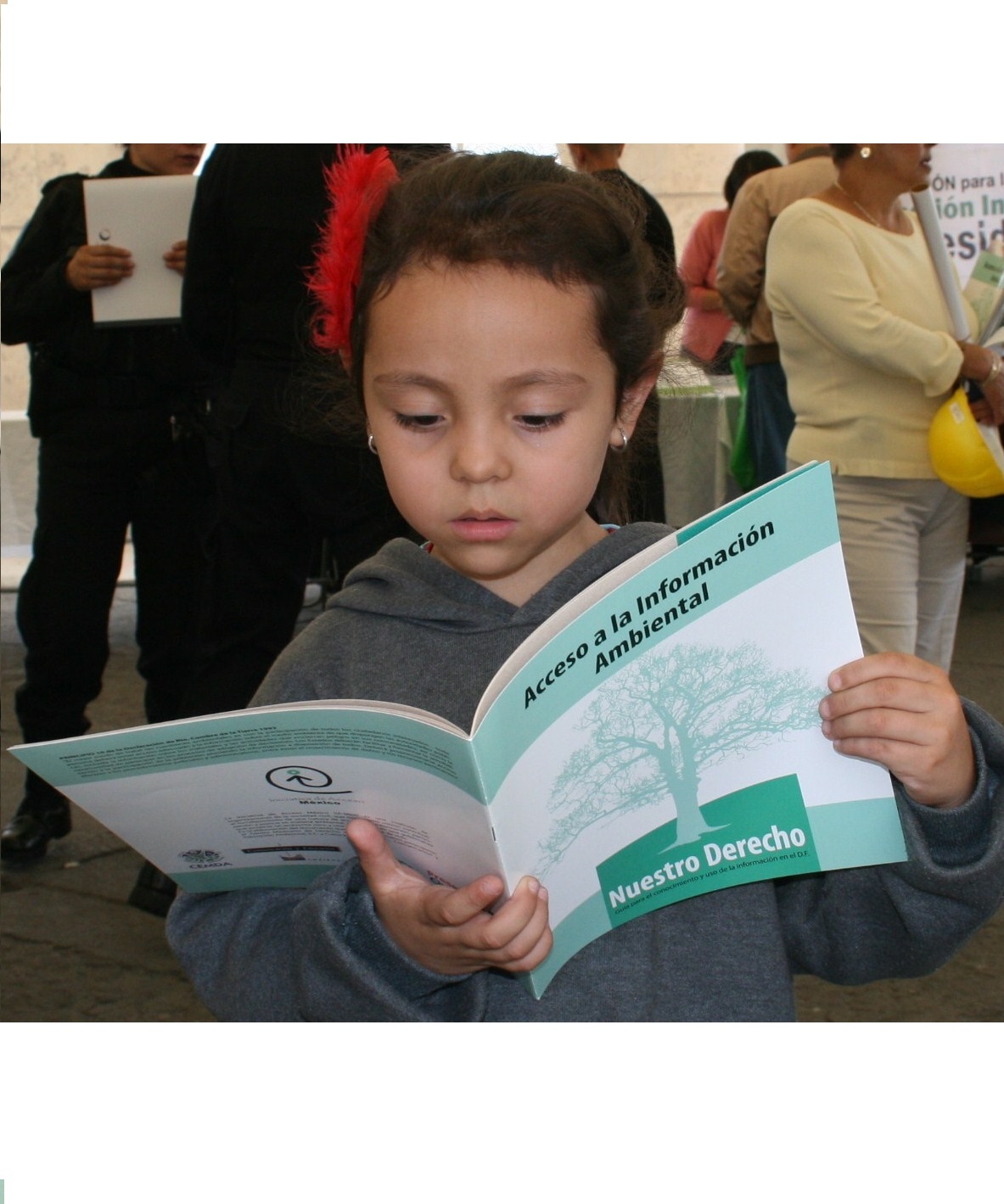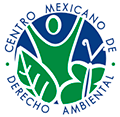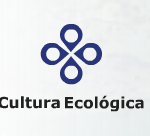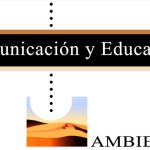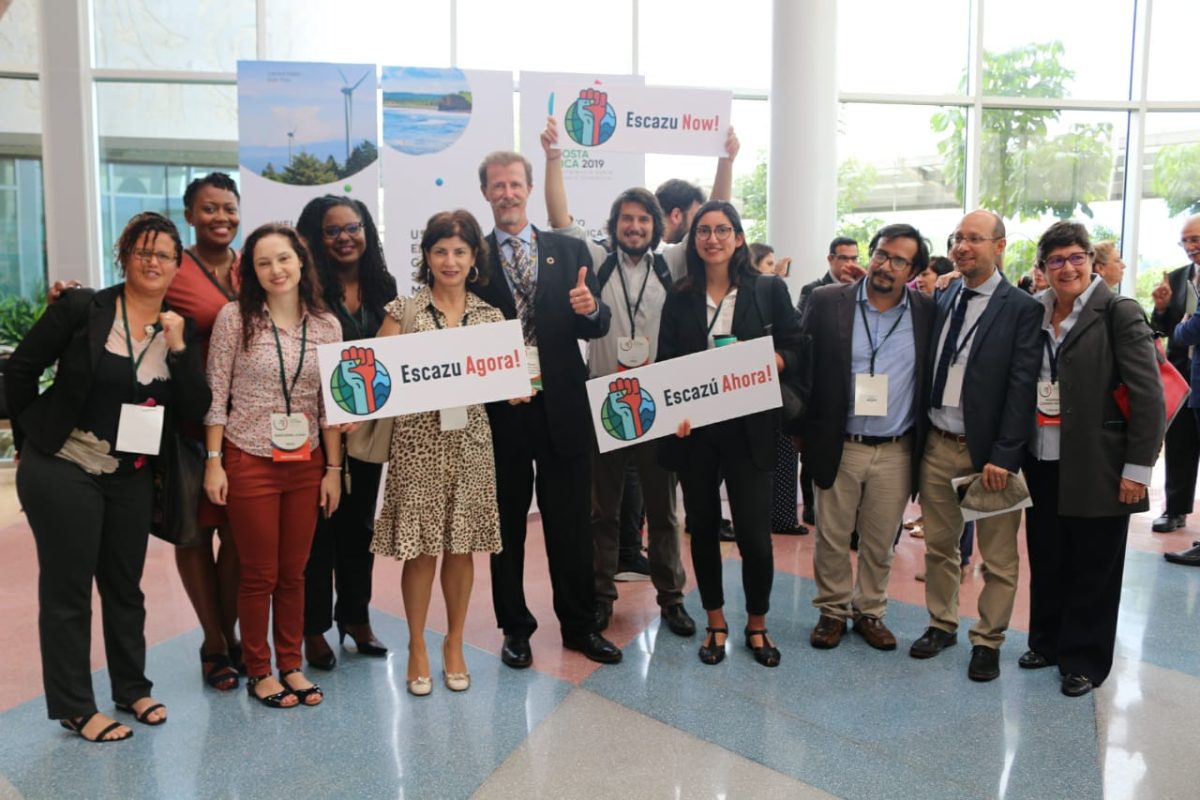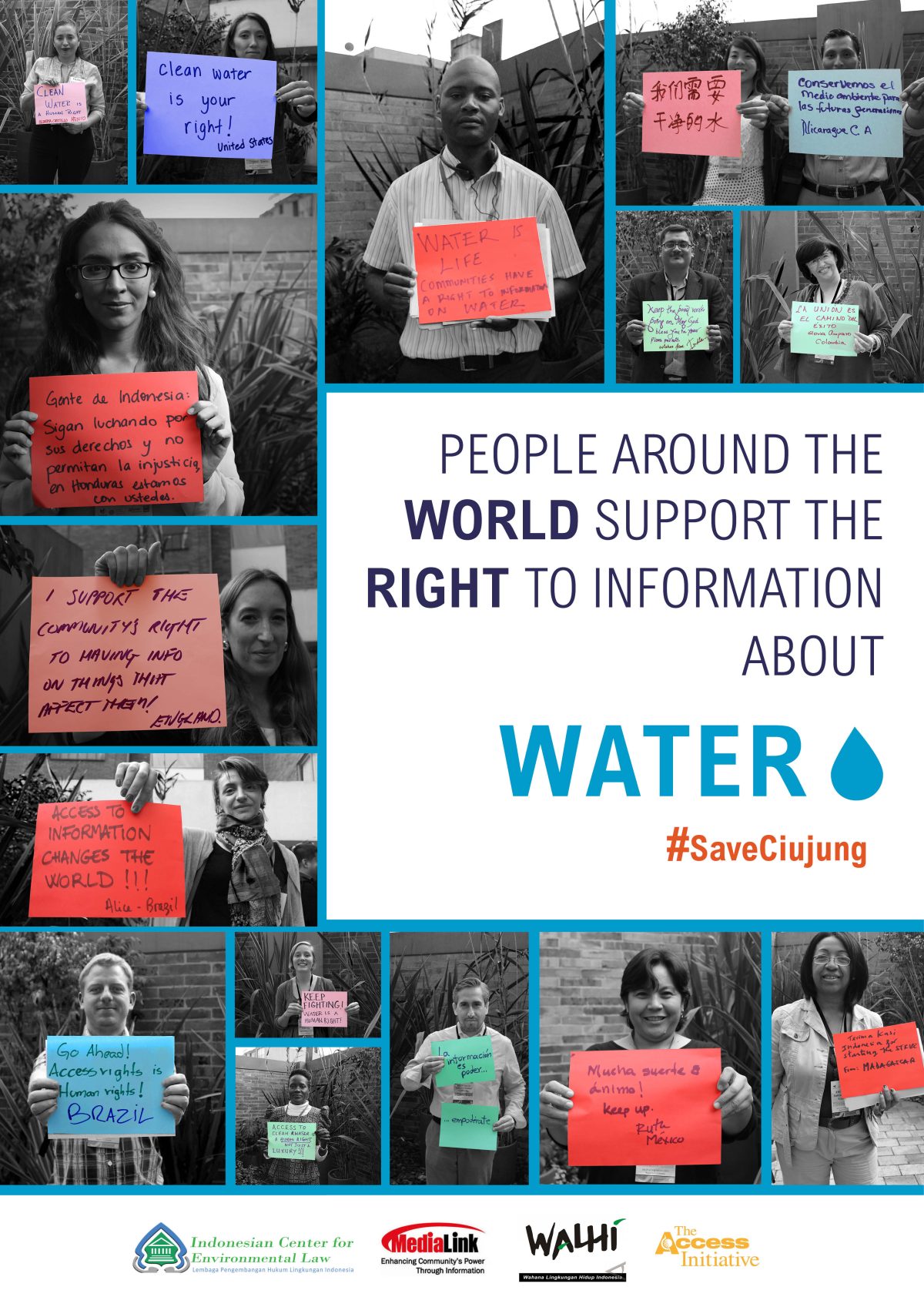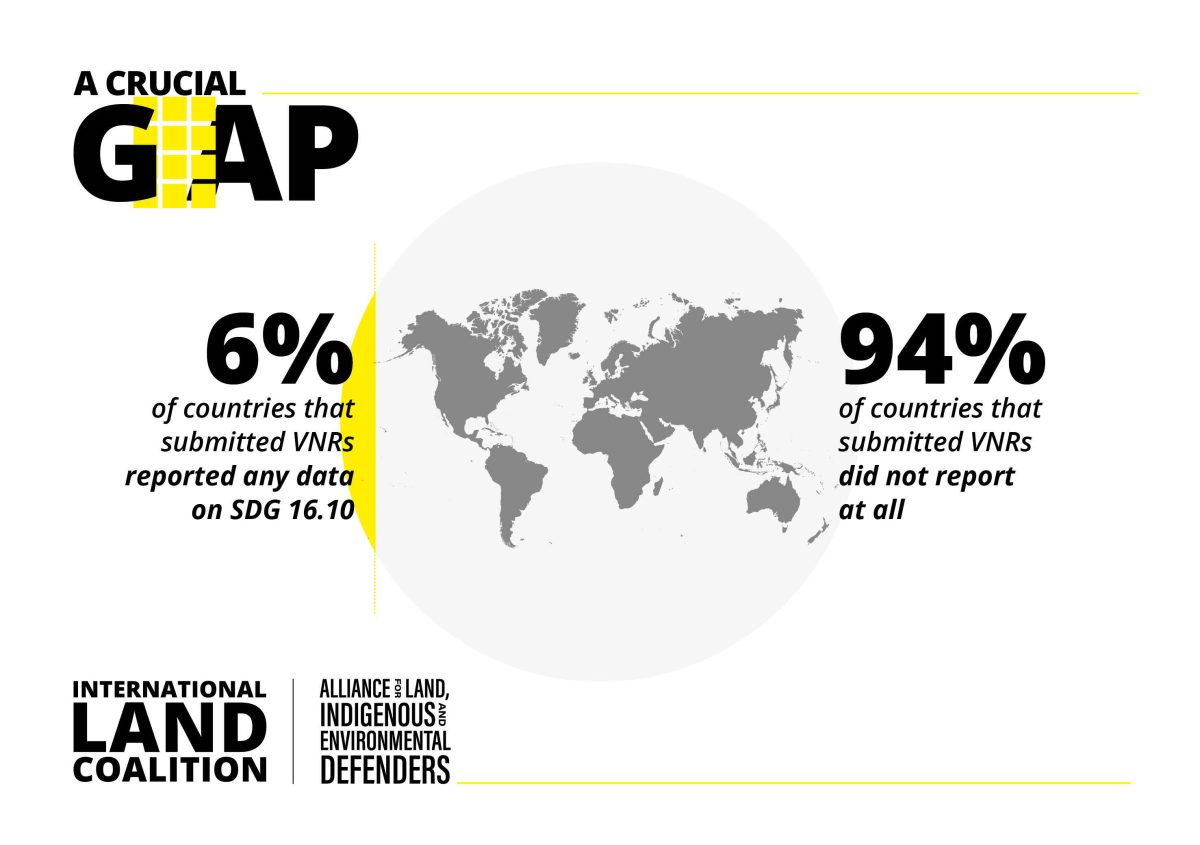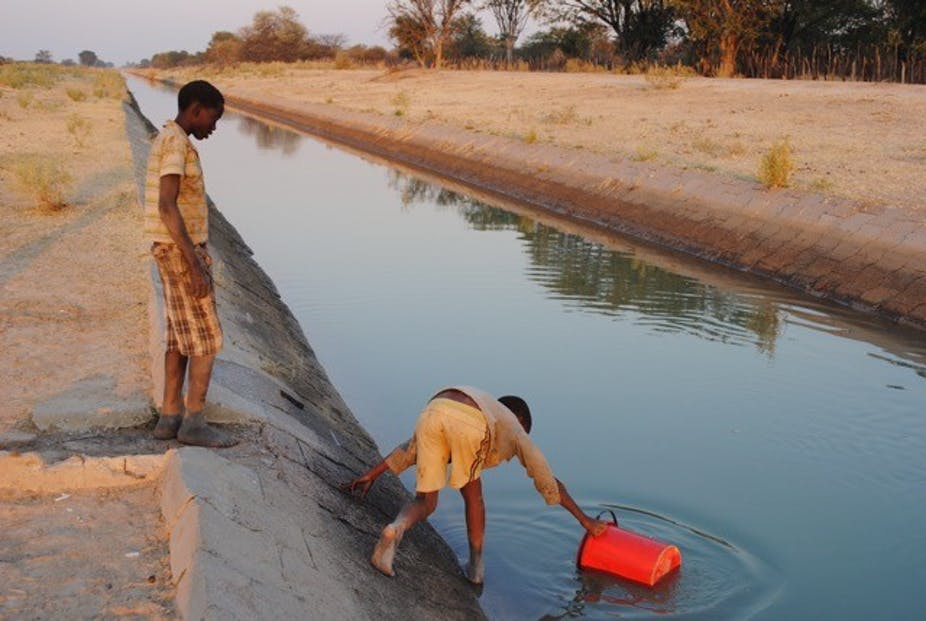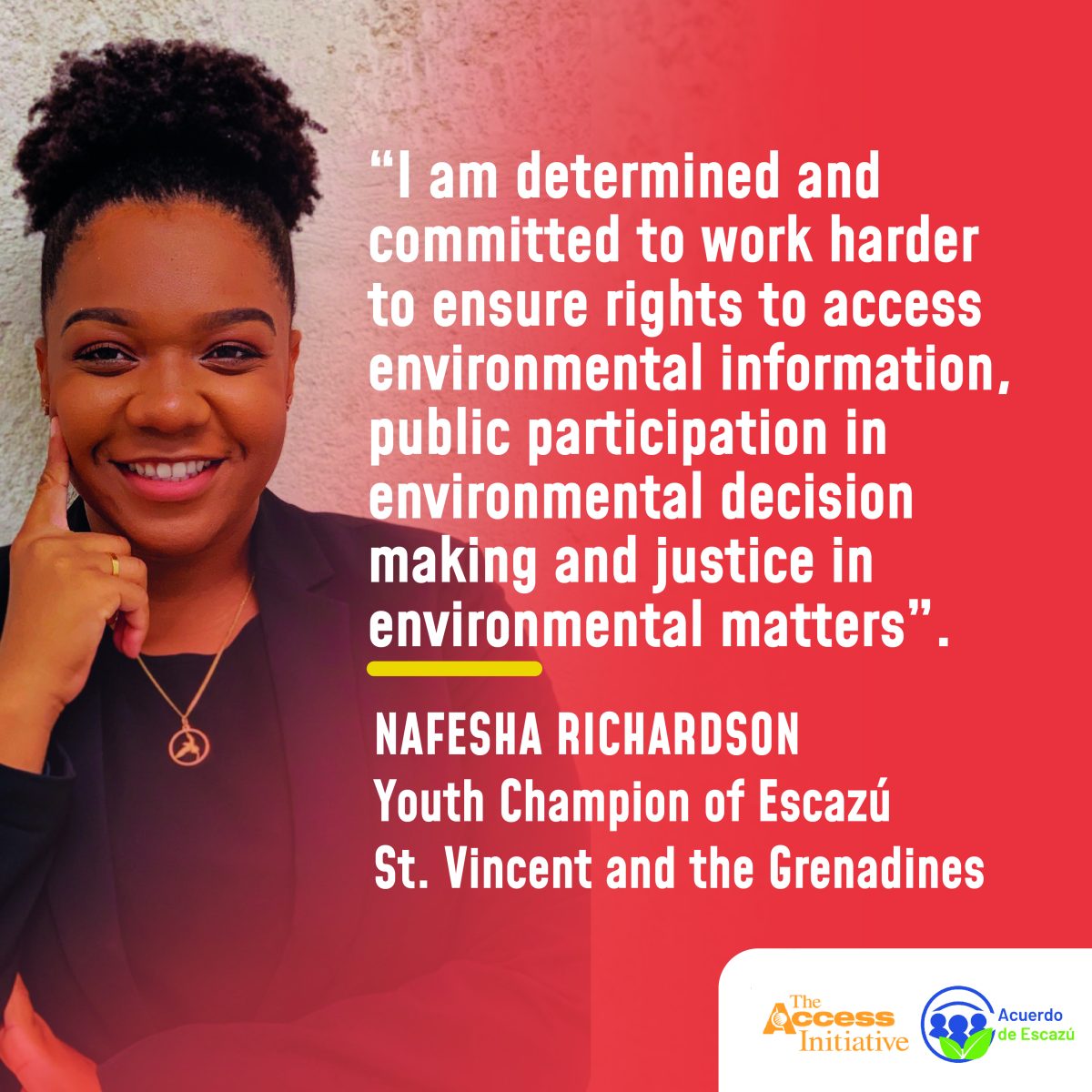Membership: TAI Latin America and the Caribbean include non-governmental organizations and individuals from (X) LAC countries. TAI LAC is represented in the Core Team by Daniel Barragán from Centro Ecuatoriano de Derecho Ambiental – CEDA; Tomas Severino and Olimpia Castillo Blanco from Cultura Ecologica
TAI partners:
- Conduct evidence based assessments to evaluate the implementation of access rights in their own countries
- Conduct advocacy on the new Latin America and Caribbean Principle 10 Declaration and negotiations for a regional instrument for the region
- Work in their own countries at the national level for improvement of laws and practice
- Use access rights in their work.
- Work regionally to promote access rights in other countries.
Goals: Current goals of TAI Latin America and the Caribbean partners are ensuring the Latin America and Caribbean Declaration on Principle 10 is followed up with political commitment from countries in the region to work to reform and improve transparency, public participation and access to justice (called access rights) in the passage of a regional convention. TAI partners have played a large role in providing input to the development of the regional instrument including making submissions on both the procedure and substantive requirements of a new convention.
